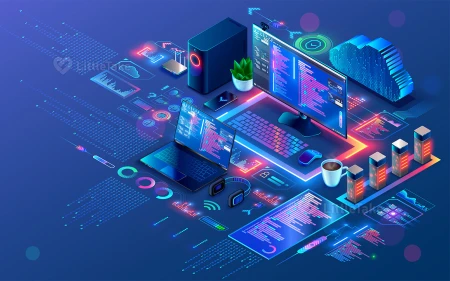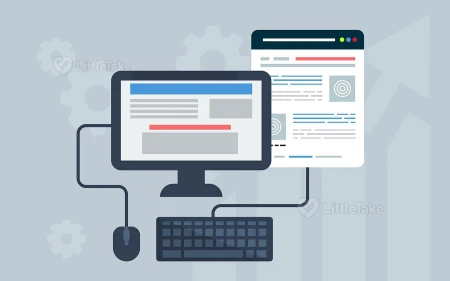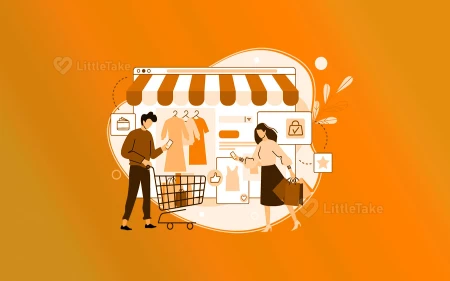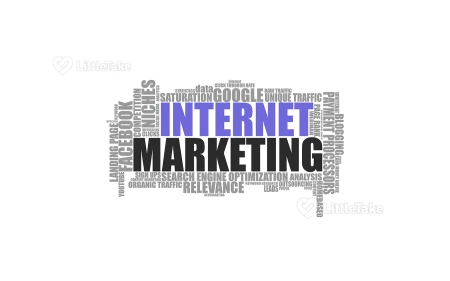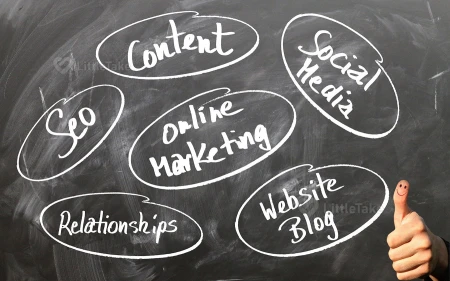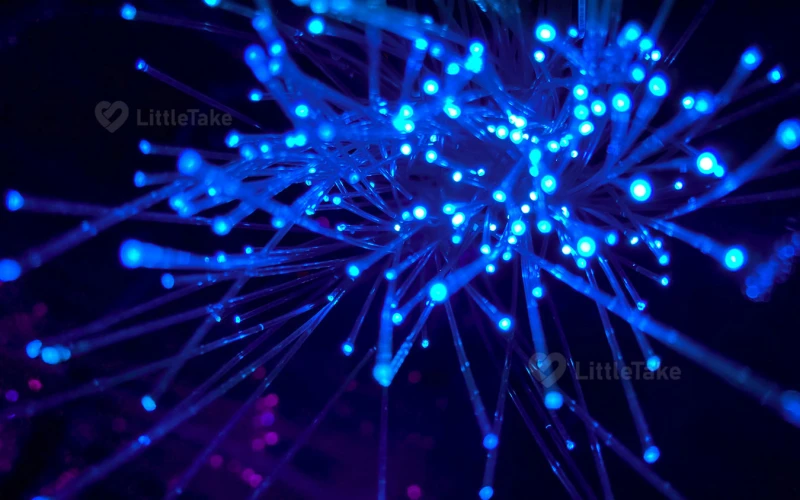
The Internet of Things (IoT) is a network of physical objects, devices, vehicles, buildings, and other items that are connected to the internet and can communicate with each other. IoT devices have sensors and software that allow them to collect data, analyze it, and share it with other devices in the network. This technology has significant implications for both business and society, and its impact is already being felt in many industries.
Implications for Business
IoT technology is already transforming the way businesses operate. With the help of IoT devices, businesses can collect real-time data about their products, processes, and customers. This data can be used to improve efficiency, reduce costs, and create new business models. For example, IoT devices can help businesses optimize their supply chains by tracking inventory levels, monitoring shipments, and predicting demand. They can also be used to monitor equipment performance and detect potential problems before they cause downtime.
IoT technology is also creating new opportunities for businesses to create innovative products and services. For example, smart home devices, such as thermostats and security systems, are now commonplace. IoT technology is also being used to create new products in industries such as healthcare, agriculture, and transportation. For example, IoT devices are being used to monitor patient health, optimize crop yields, and improve traffic flow.
Implications for Society
The impact of IoT technology on society is just as significant as its impact on business. IoT devices are already being used to improve public safety, healthcare, and environmental sustainability. For example, smart city initiatives are using IoT technology to optimize traffic flow, reduce energy consumption, and improve emergency response times. In healthcare, IoT devices are being used to monitor patient health remotely, improve diagnosis accuracy, and enable personalized treatment plans. In environmental sustainability, IoT devices are being used to monitor air and water quality, reduce waste, and optimize energy use.
However, the widespread adoption of IoT technology also raises concerns about privacy, security, and ethical issues. As IoT devices collect more and more data about individuals and organizations, there is a risk that this data could be misused or hacked. There are also concerns about the ethical implications of using IoT technology to monitor individuals and collect data about them without their knowledge or consent.
Conclusion
The Internet of Things (IoT) is a transformative technology that has significant implications for both business and society. It has the potential to improve efficiency, create new business models, and create innovative products and services. However, the widespread adoption of IoT technology also raises concerns about privacy, security, and ethical issues. As we continue to develop and adopt IoT technology, it is important to consider these implications and work to address any issues that arise.













